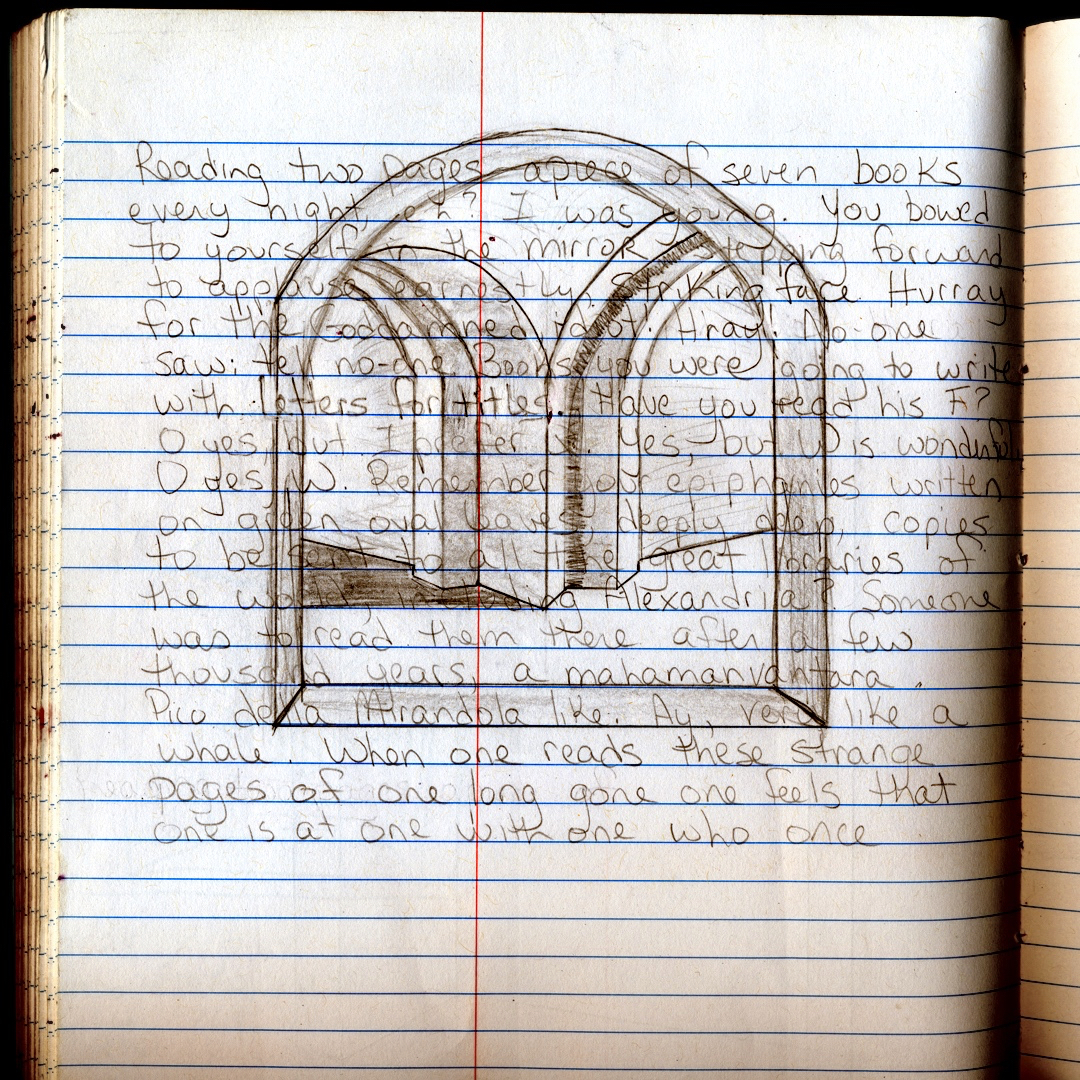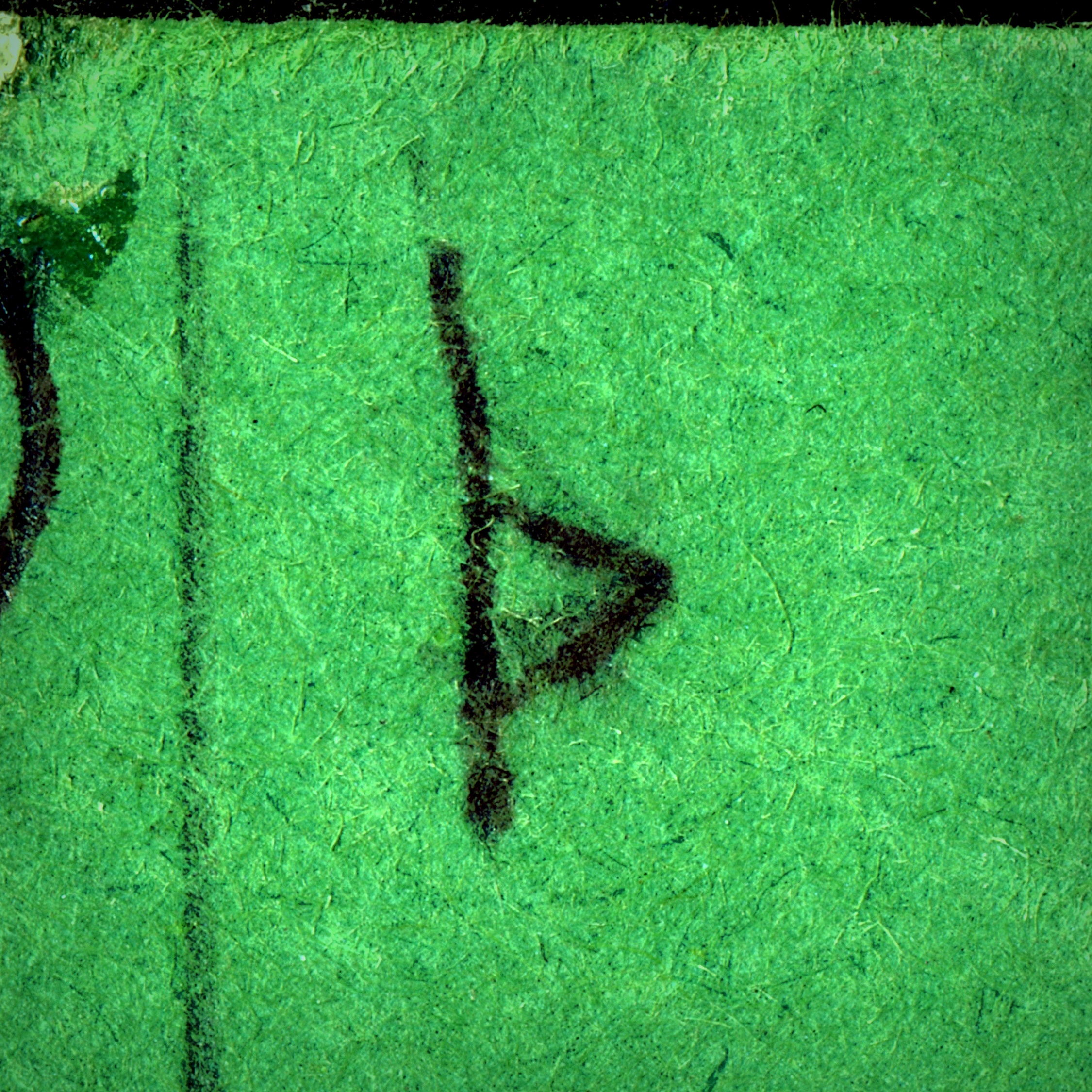 Thorn survived for ages. That kind of longevity in a dead letter deserves a eulogy. Ye, though Thorn has walked through the valley of the shadow of death it has surely found its way to the great abecedarium in the sky where it may abide in that illustrious dead letter office alongside its companions UI, IO, and EA. Dearest Thorn made it a long time, longer than most, and had a great run, bless its heart. Nettlesome old bastard. Kept showing up to things year after year with its barbed jokes and pointed comments, though it was a giant among letters and always welcome. Thorn, though our days be restlessly marked by the unmet cruelty of your loss, we take great consolation in knowing you sleep amongst the roses.
Thorn survived for ages. That kind of longevity in a dead letter deserves a eulogy. Ye, though Thorn has walked through the valley of the shadow of death it has surely found its way to the great abecedarium in the sky where it may abide in that illustrious dead letter office alongside its companions UI, IO, and EA. Dearest Thorn made it a long time, longer than most, and had a great run, bless its heart. Nettlesome old bastard. Kept showing up to things year after year with its barbed jokes and pointed comments, though it was a giant among letters and always welcome. Thorn, though our days be restlessly marked by the unmet cruelty of your loss, we take great consolation in knowing you sleep amongst the roses.
Though thorn is dead to us as a letter, the Icelandic language still uses it, so it’s really only mostly dead. There’s … More

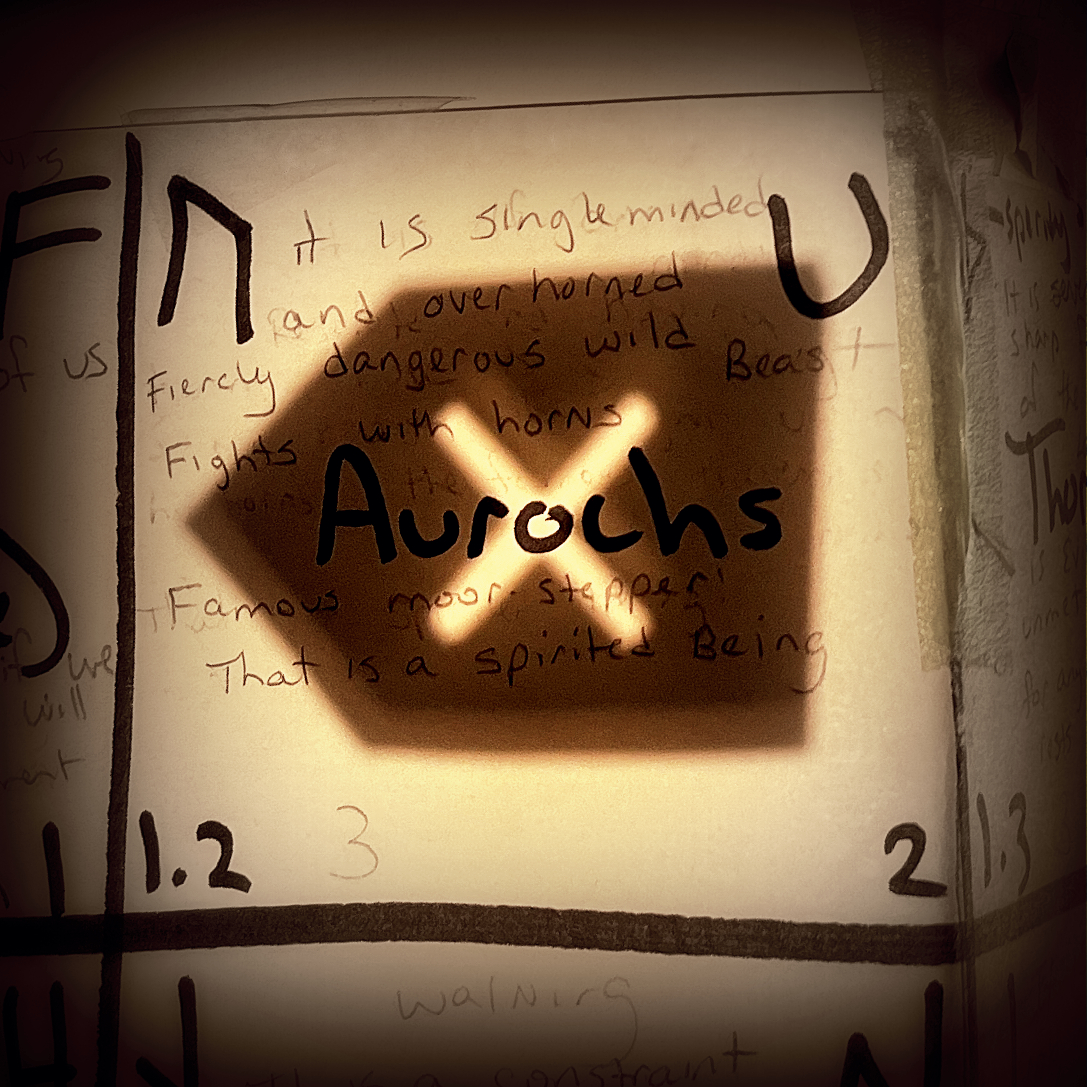
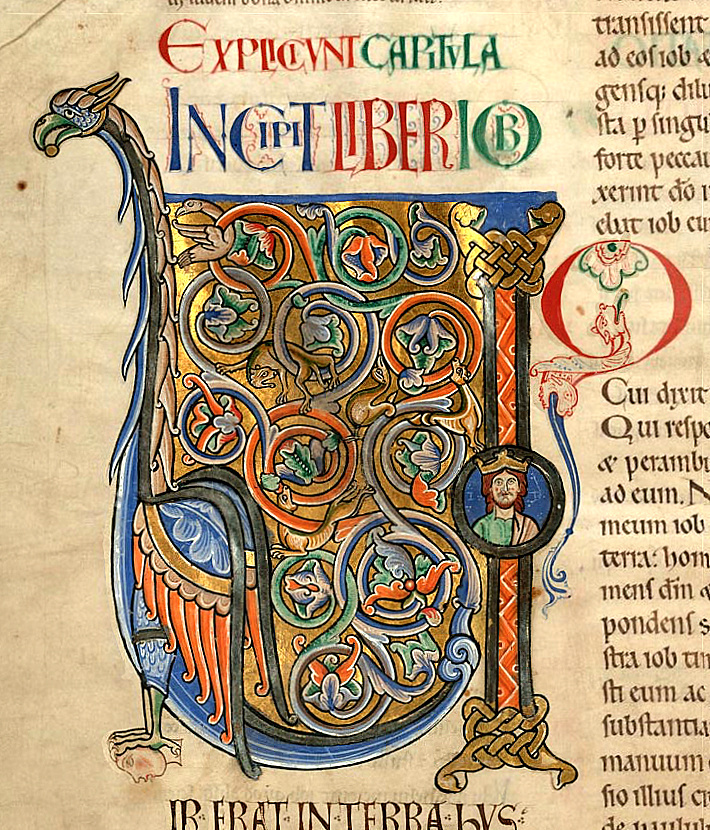
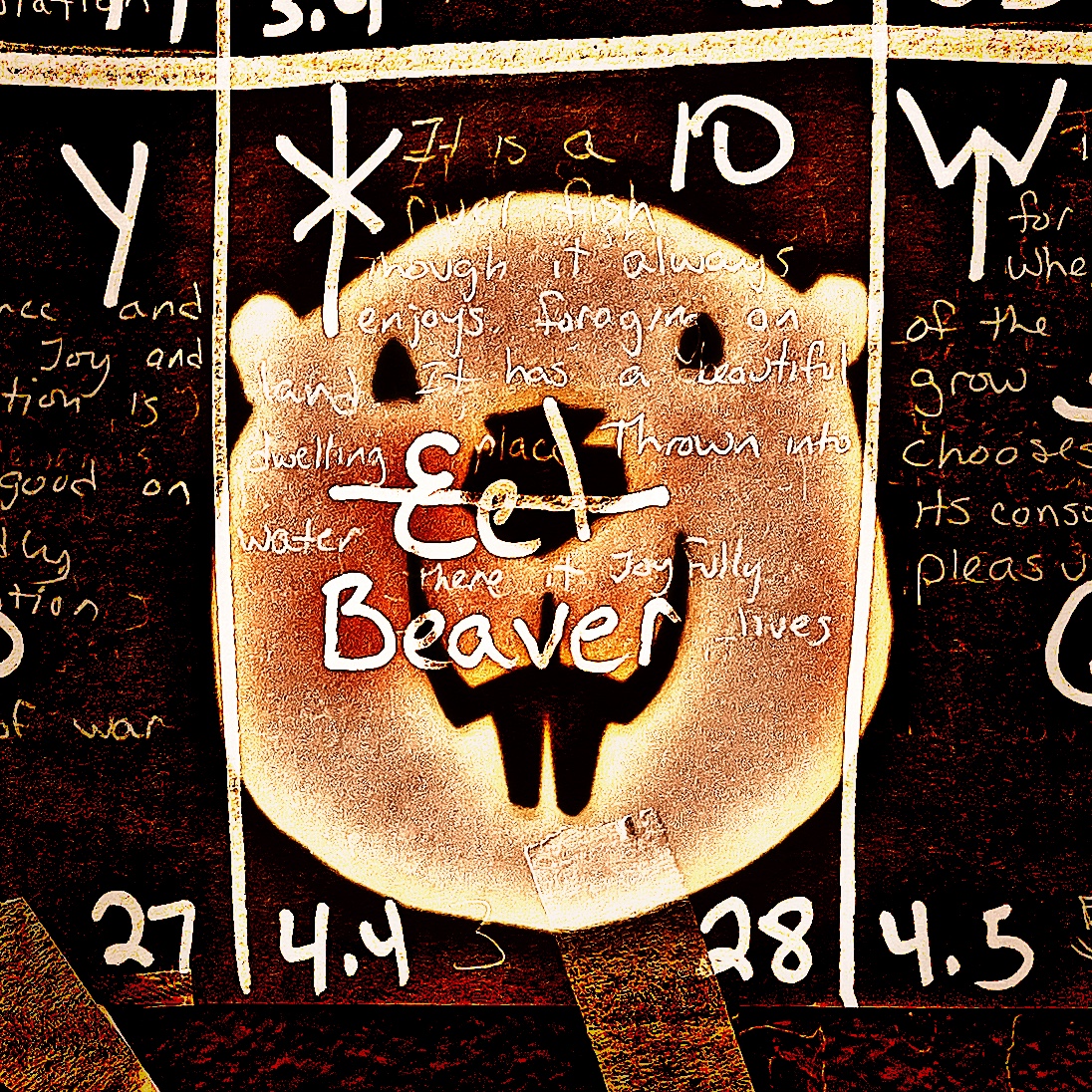
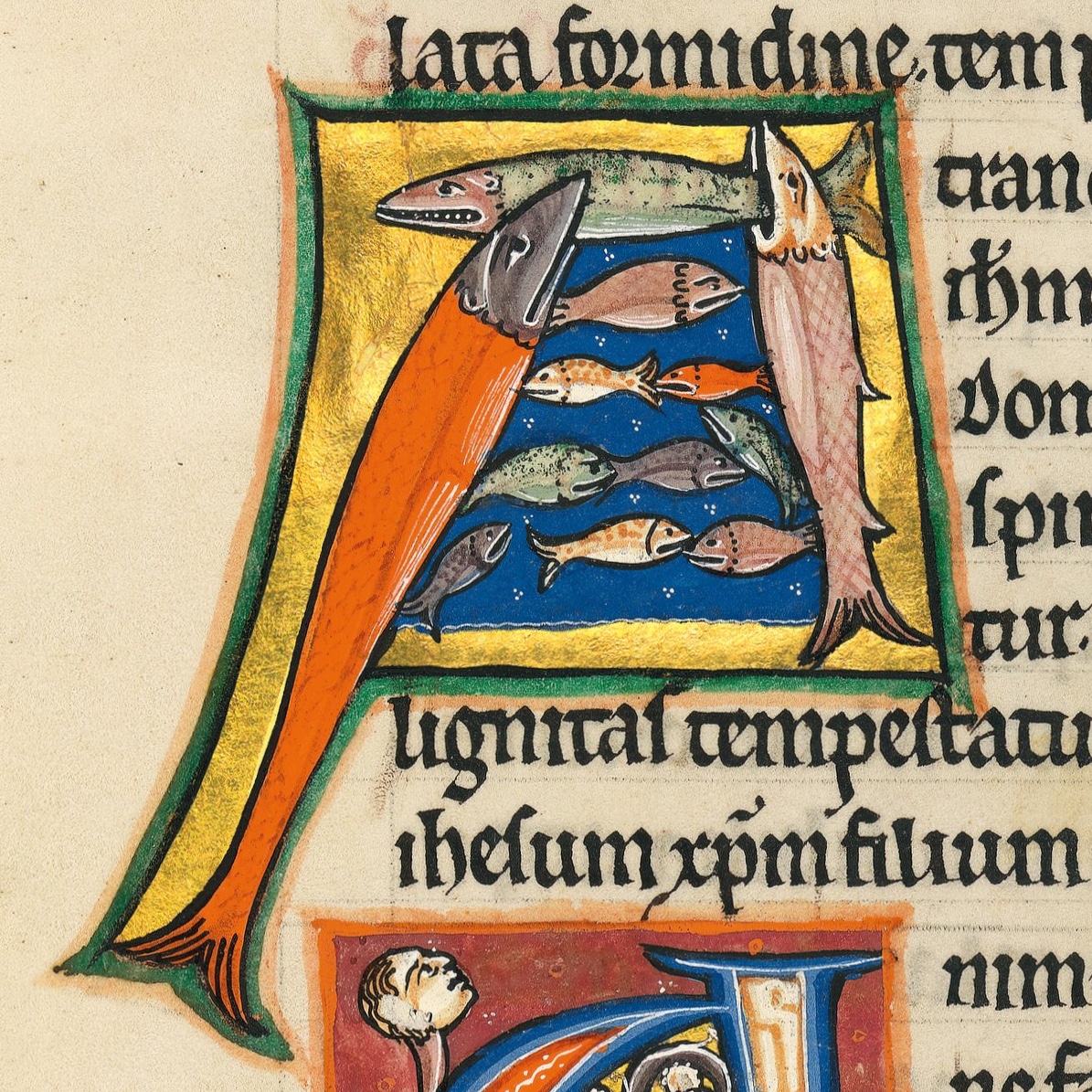
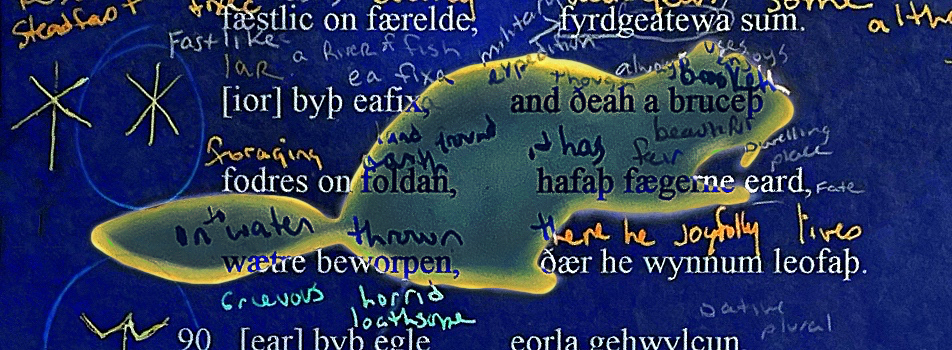
 Ur, the aurochs, is a wild bovine, like a cow but not a normal cow. Dangerous. Think of the fiercest cows you know: the toro bravo they use for bull fighting, or the Jersey dairy bull which is particularly unpleasant. Gather them together,
Ur, the aurochs, is a wild bovine, like a cow but not a normal cow. Dangerous. Think of the fiercest cows you know: the toro bravo they use for bull fighting, or the Jersey dairy bull which is particularly unpleasant. Gather them together, 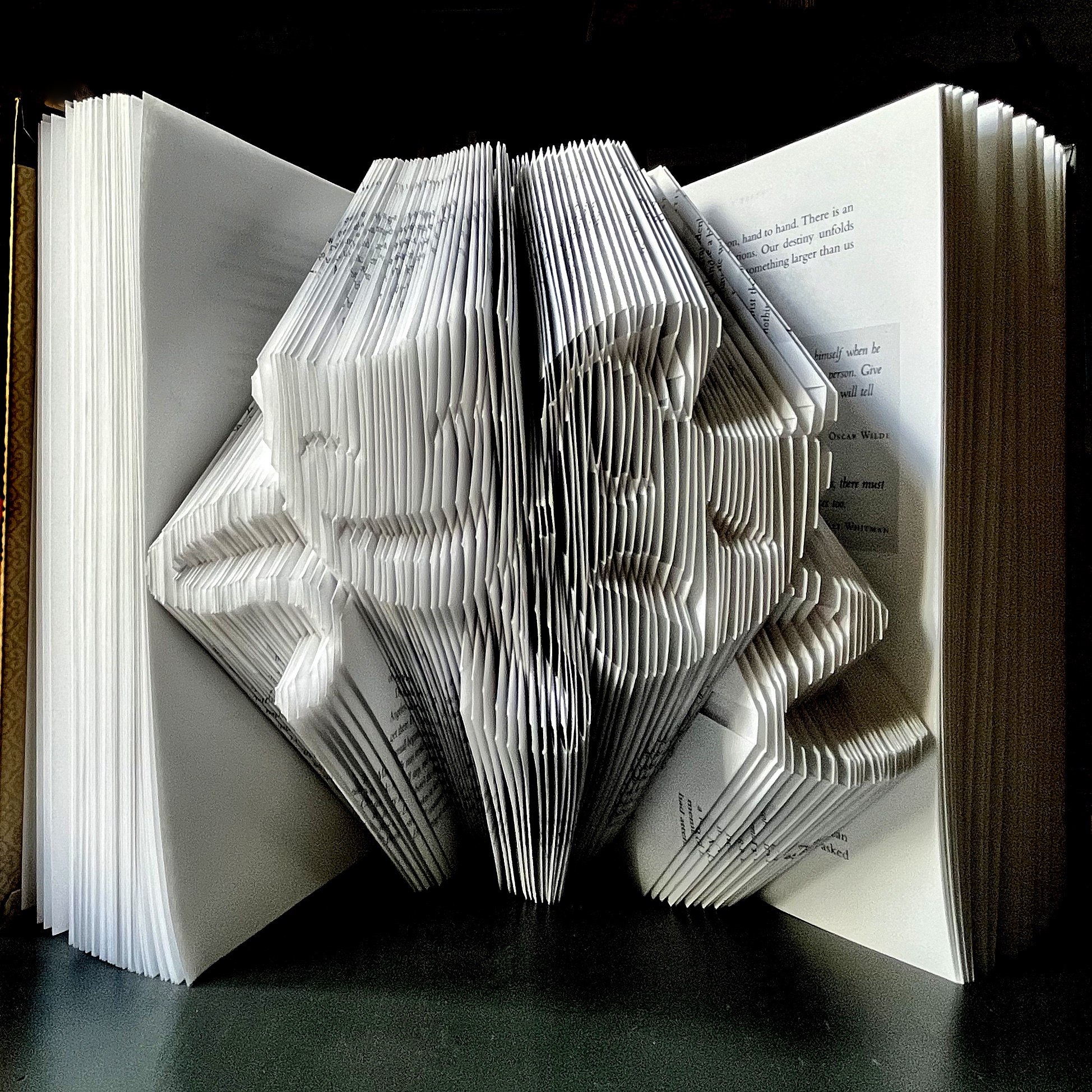 The rune carvers prized beaver fur and skin, their teeth made a great necklace found sometimes in the graves of women and children and once around the neck of a dog, and by church decree beaver tails counted as fish you could eat during lent. Their
The rune carvers prized beaver fur and skin, their teeth made a great necklace found sometimes in the graves of women and children and once around the neck of a dog, and by church decree beaver tails counted as fish you could eat during lent. Their 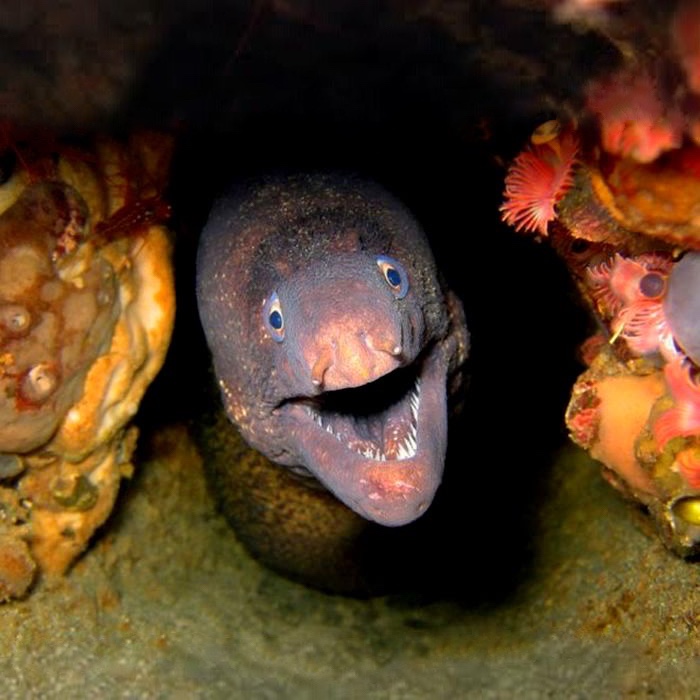
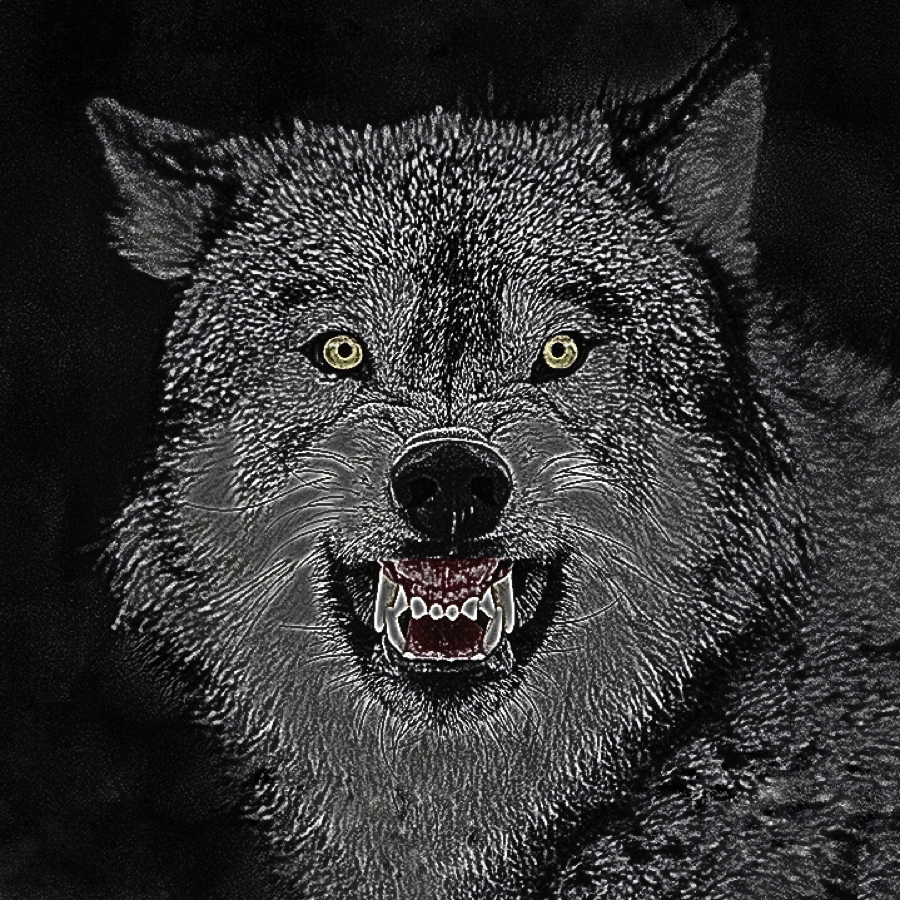 I hope you’re ready for a fight because you are about to be flattened so badly you’ll be famous for it. Something is howling in from the wilderness, sent to
I hope you’re ready for a fight because you are about to be flattened so badly you’ll be famous for it. Something is howling in from the wilderness, sent to 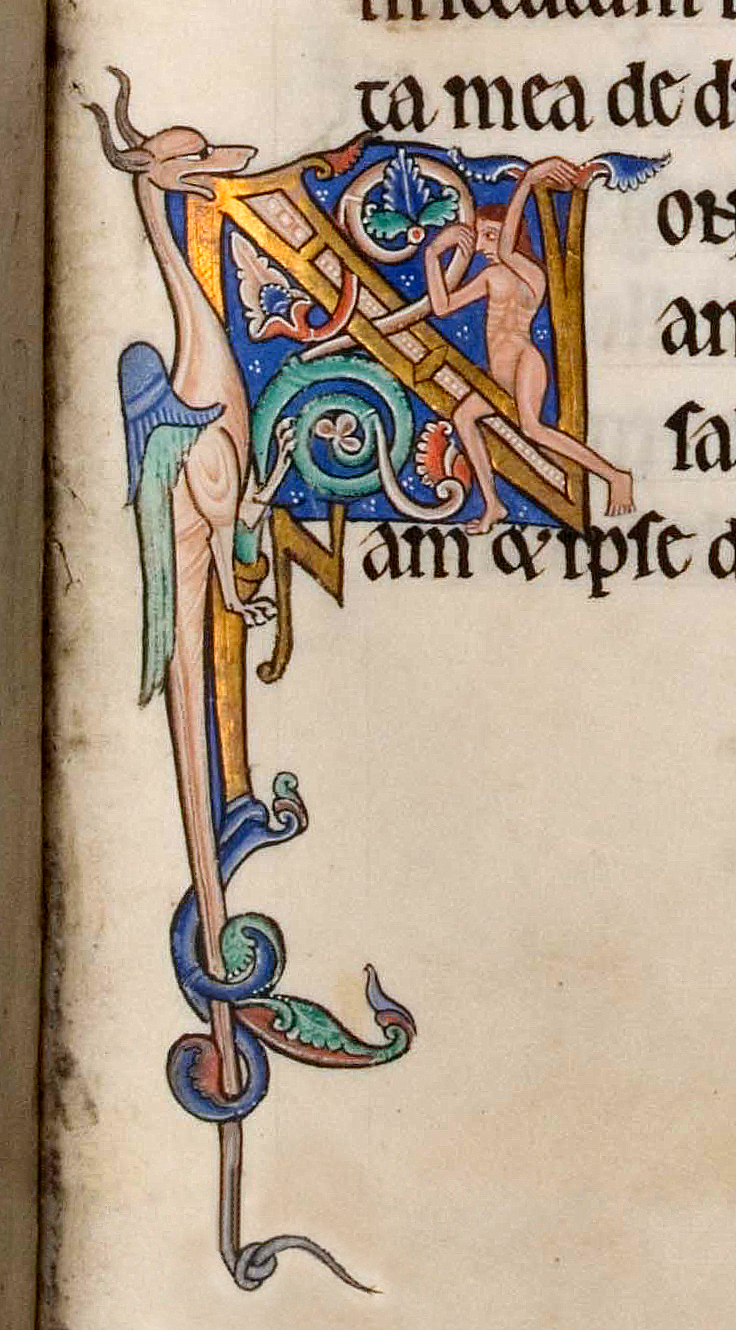
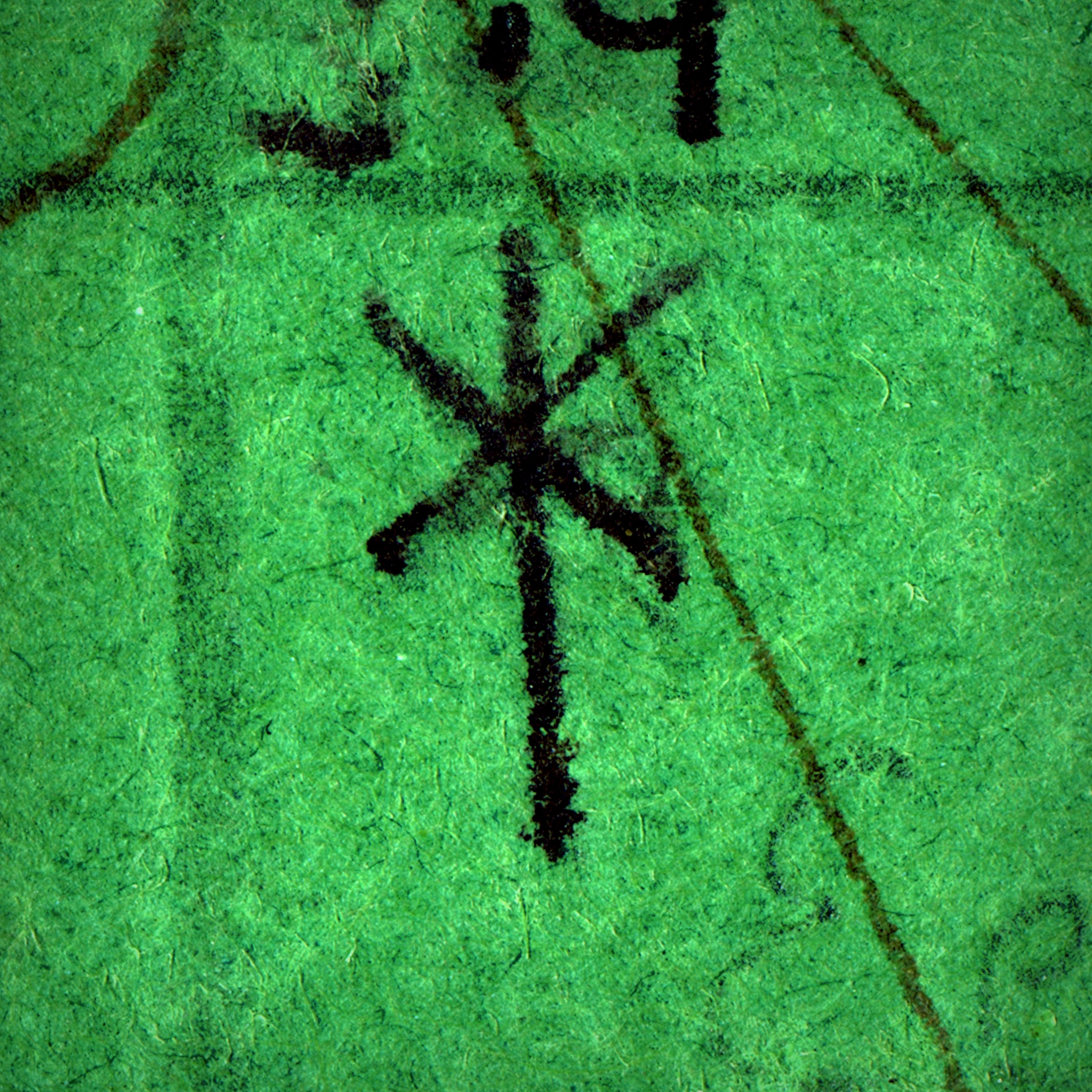 IO:
IO: 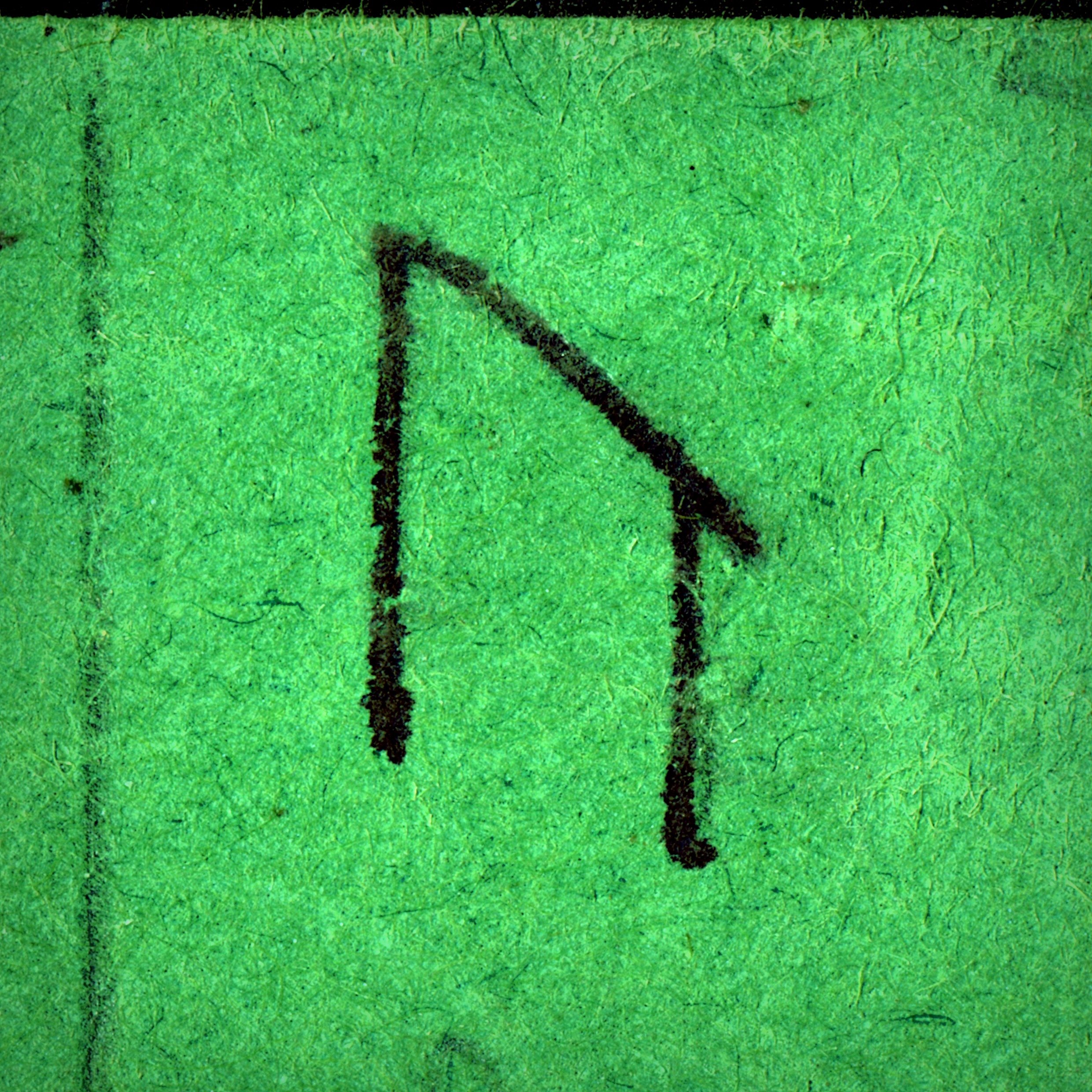 Send air through your larynx without stopping it. Let it pass freely. Let it through, some things you just have to let go. That’s a vowel. Stop the air with your throat or mouth, it’s a consonant.
Send air through your larynx without stopping it. Let it pass freely. Let it through, some things you just have to let go. That’s a vowel. Stop the air with your throat or mouth, it’s a consonant.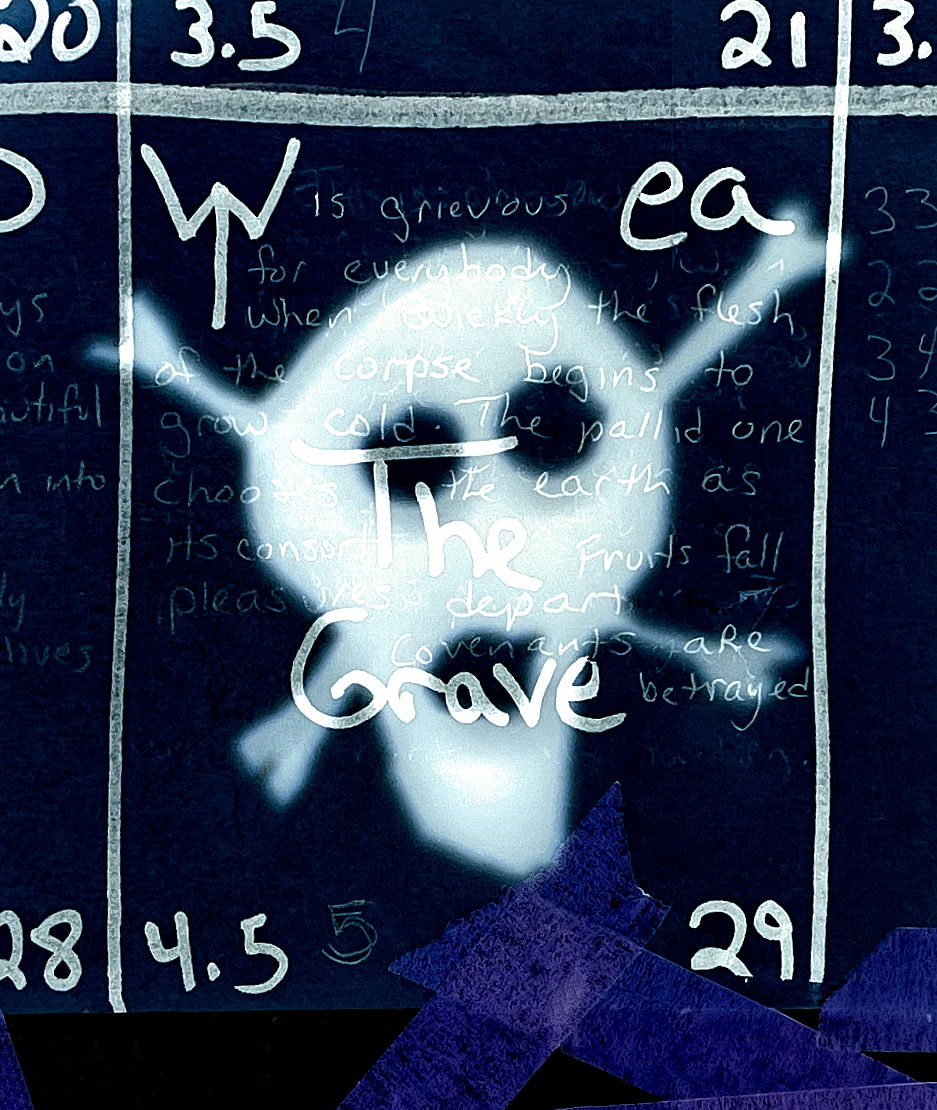
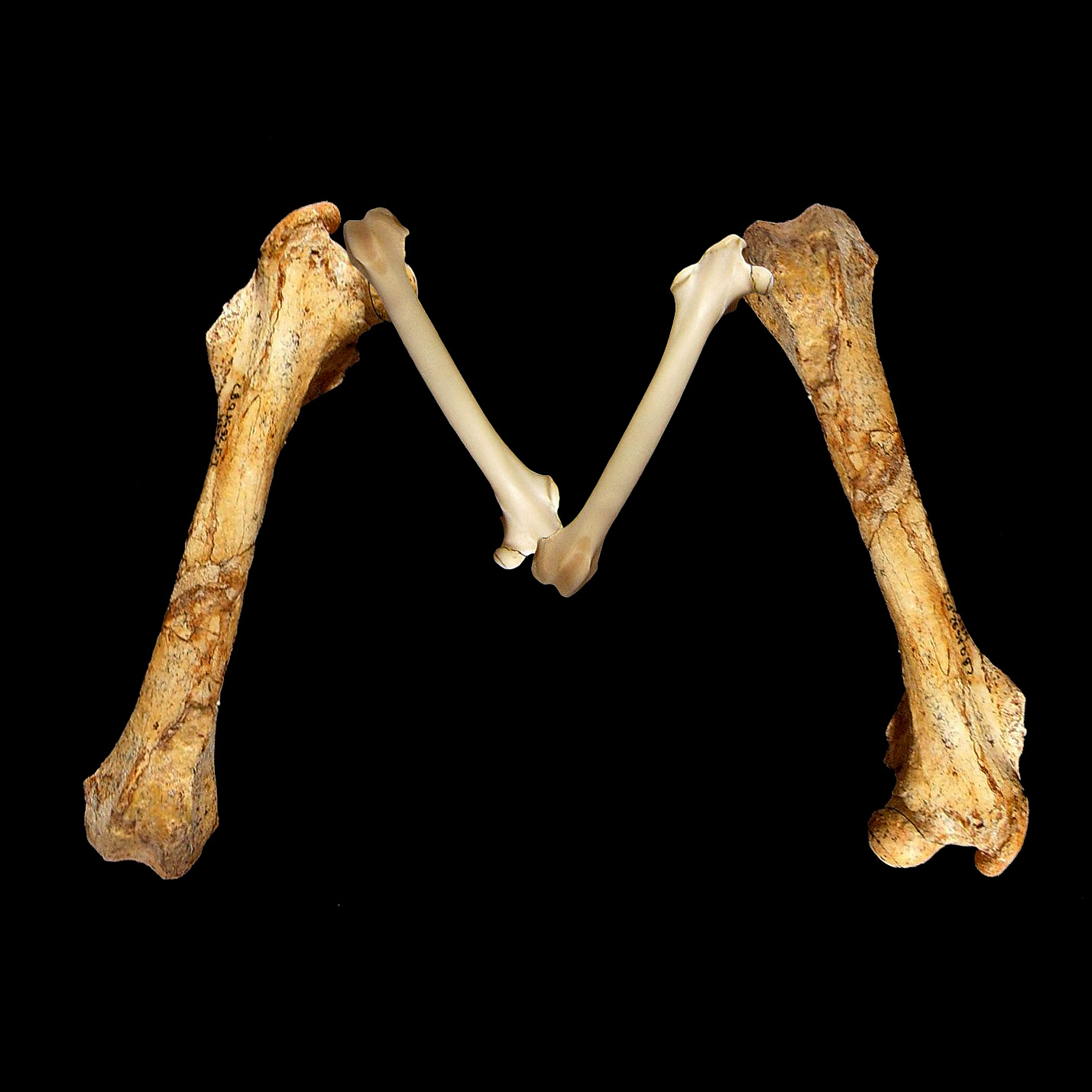
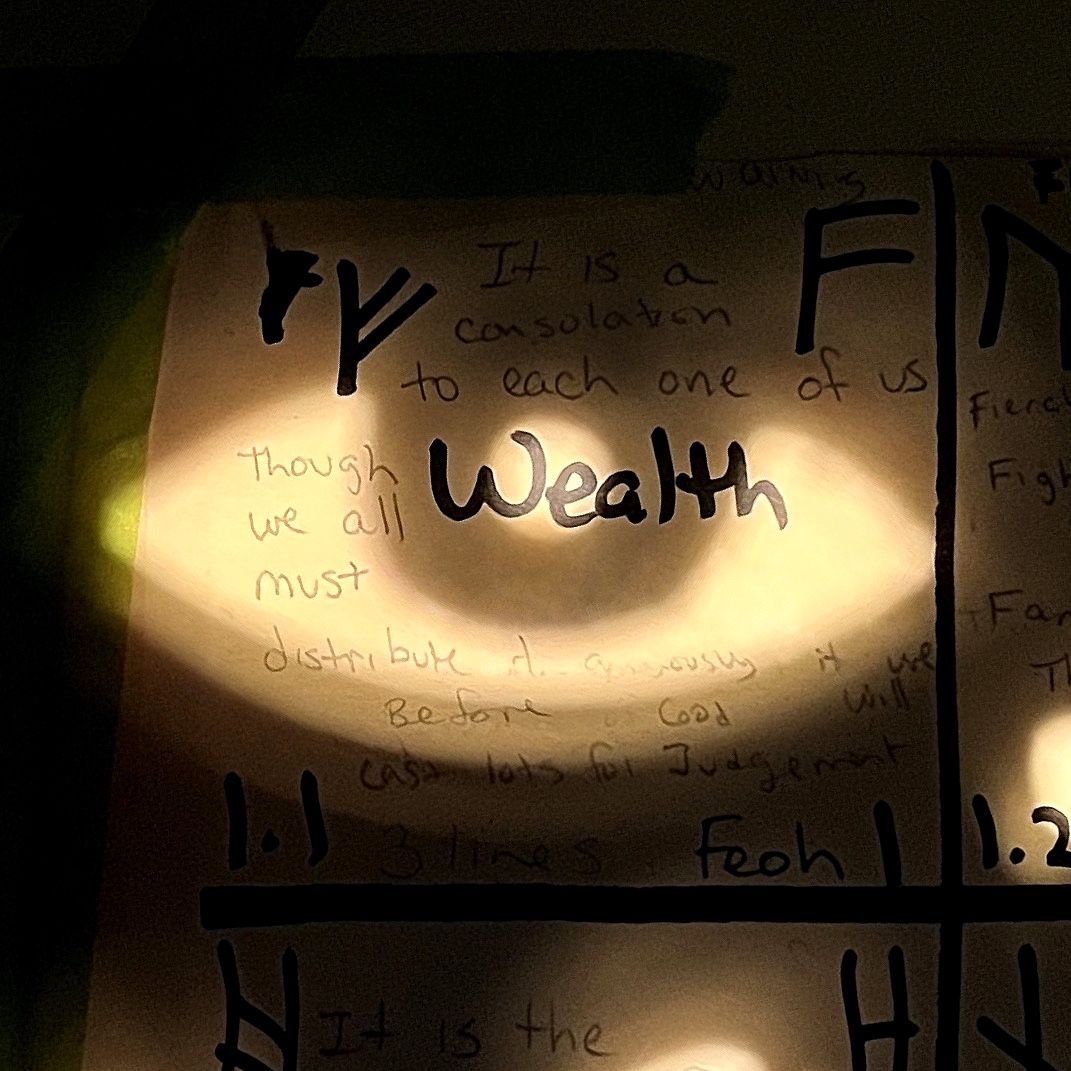

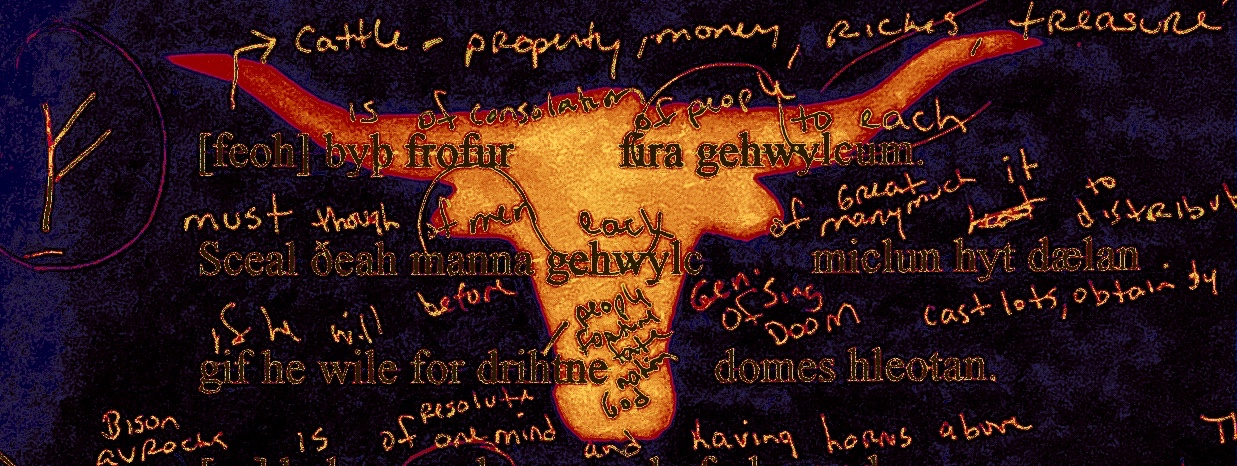
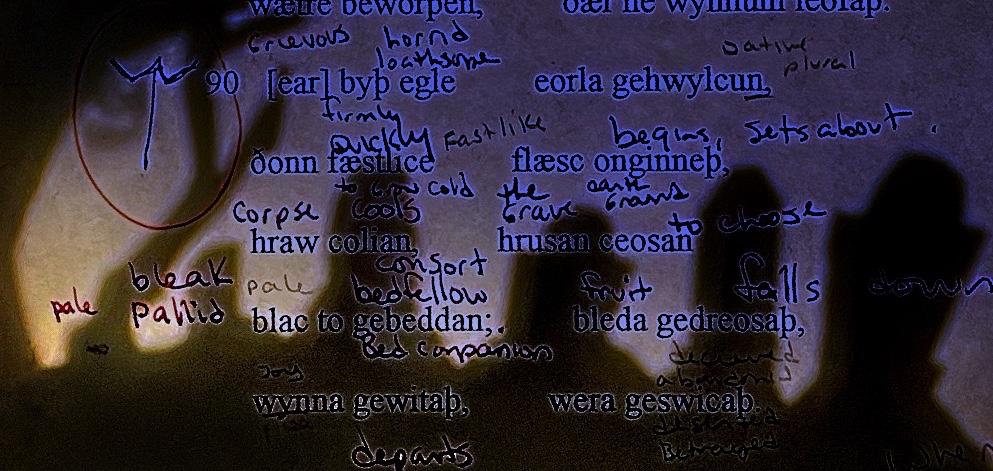 Old English uses very few words at a time, but in all the minimalism there’s a massive amount of meaning: often multiple meanings of the same word are intended, black is sometimes white, and frequently there’s a pun in there somewhere. To translate Old English we need to use more words than the original, and still it’s difficult to pack all that meaning back in. Translation fills graveyards of context and nuance, left behind to grow cold. What is lost by gaining? What do we kill dead? Alliteration and meter, the music makers of language. The beat, deceased, sounds abandoned. Look at this:
Old English uses very few words at a time, but in all the minimalism there’s a massive amount of meaning: often multiple meanings of the same word are intended, black is sometimes white, and frequently there’s a pun in there somewhere. To translate Old English we need to use more words than the original, and still it’s difficult to pack all that meaning back in. Translation fills graveyards of context and nuance, left behind to grow cold. What is lost by gaining? What do we kill dead? Alliteration and meter, the music makers of language. The beat, deceased, sounds abandoned. Look at this: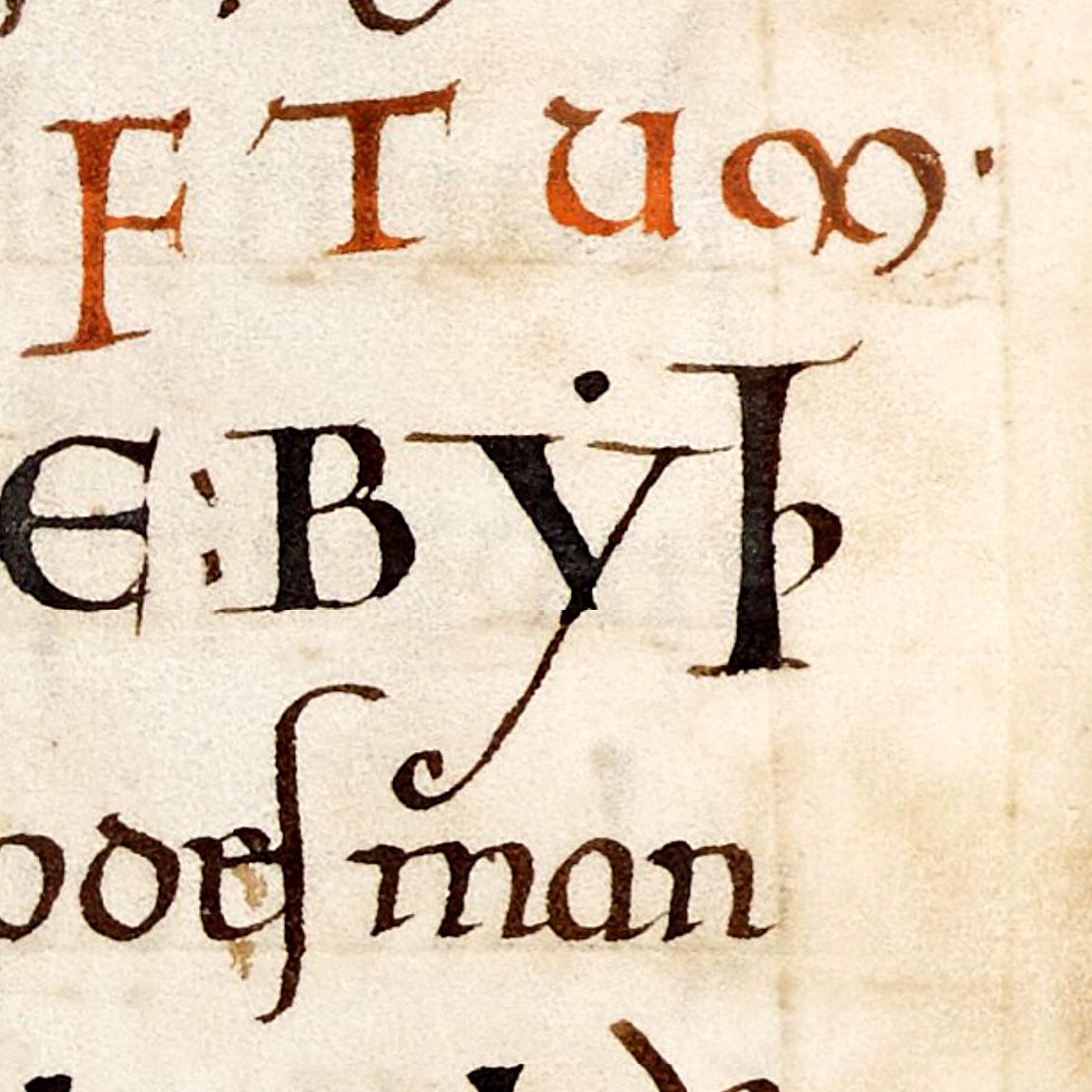 Remember your future, what you thought it would be. Put yours in mind, it’s different for different people. You know that, obviously, but I’m not talking about individual people. I mean groups of people, peoples, whole societies of people past and present. They way we think about future and what the rune carvers thought about it is not the same. To find the difference, if you want to know the root and the soul of a culture’s sense of future, get right up close to one specific word, and take an embarrassing long look. Make you both blush. Be. That’s the word. To be. This is the word for reality, and the way this word is treated always reveals a culture’s idea of temporality, and so much more. Be means existence, which precedes essence so some philosophers say, that we are neither nature nor nurture, but something foundational to both. This is true for people …
Remember your future, what you thought it would be. Put yours in mind, it’s different for different people. You know that, obviously, but I’m not talking about individual people. I mean groups of people, peoples, whole societies of people past and present. They way we think about future and what the rune carvers thought about it is not the same. To find the difference, if you want to know the root and the soul of a culture’s sense of future, get right up close to one specific word, and take an embarrassing long look. Make you both blush. Be. That’s the word. To be. This is the word for reality, and the way this word is treated always reveals a culture’s idea of temporality, and so much more. Be means existence, which precedes essence so some philosophers say, that we are neither nature nor nurture, but something foundational to both. This is true for people … 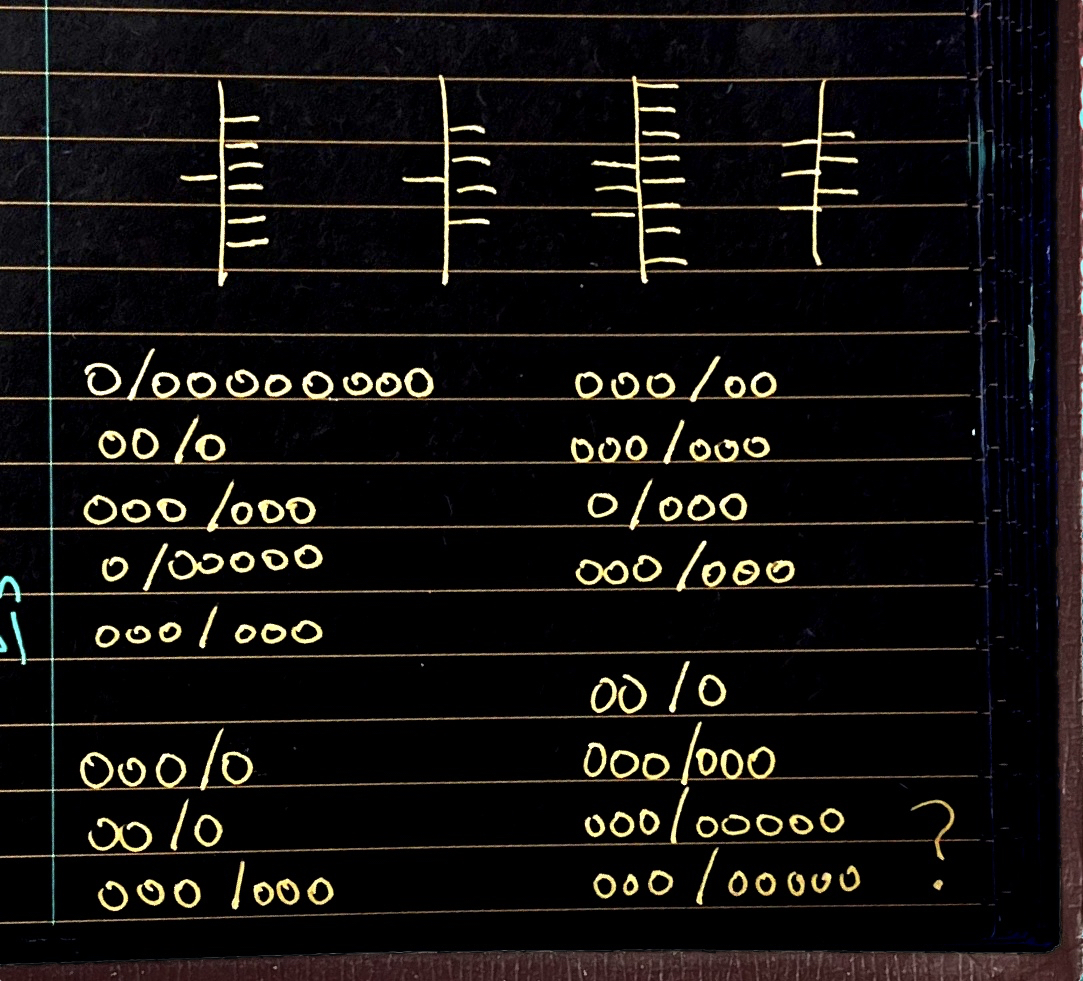 The rune carvers, the people who knew the Rune Poem by heart,
The rune carvers, the people who knew the Rune Poem by heart, 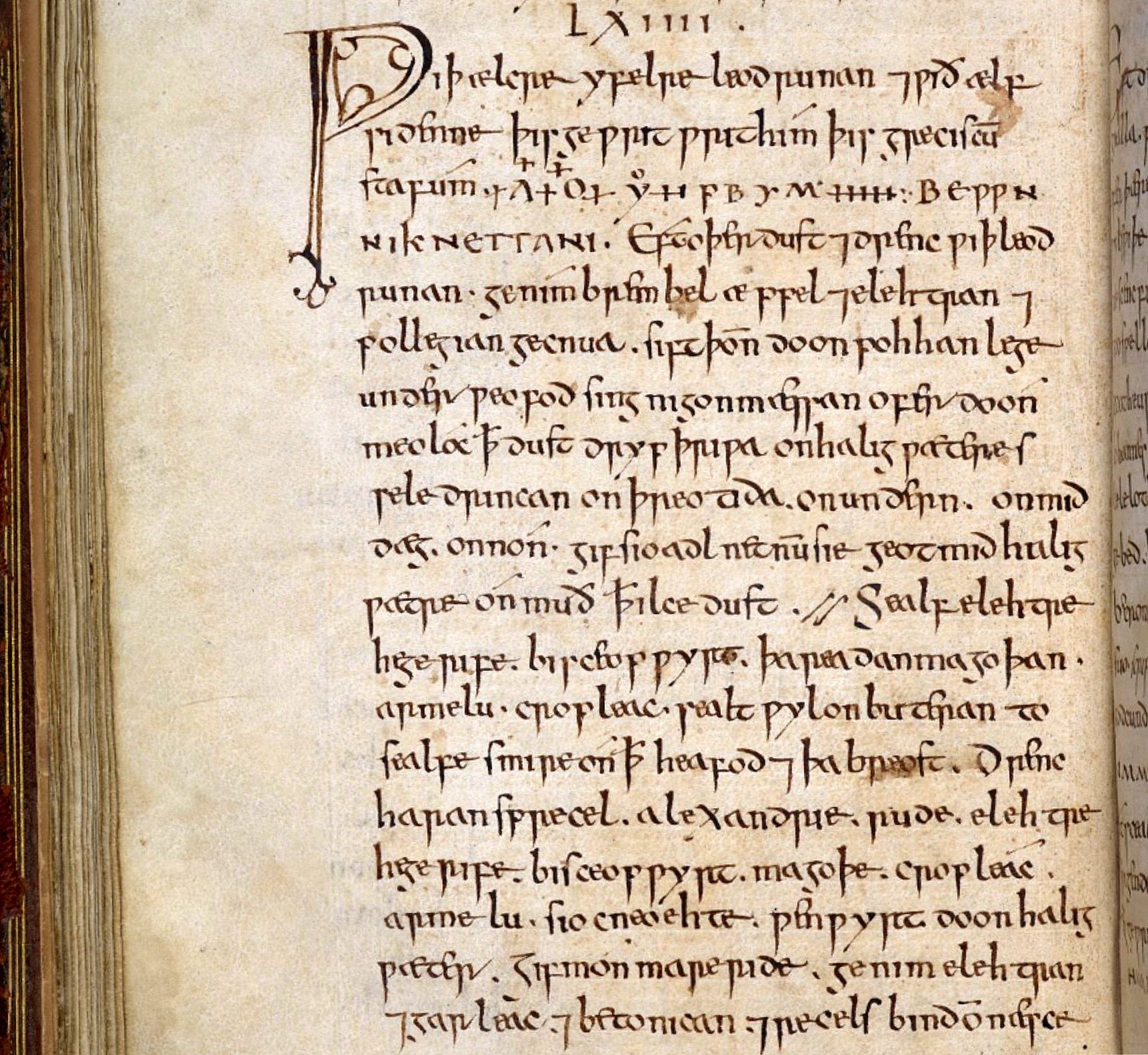 How are you feeling, you ok? You don’t look so good. You’ve been reckless haven’t you, got a bit too close and breathed in. I know what you’ve been doing. But hey, no worries, too late now, not to dwell, it happens, it’s all good, you’ll be fine. I’ve got the cure right here. Read it, it’s English. Look at the first line with
How are you feeling, you ok? You don’t look so good. You’ve been reckless haven’t you, got a bit too close and breathed in. I know what you’ve been doing. But hey, no worries, too late now, not to dwell, it happens, it’s all good, you’ll be fine. I’ve got the cure right here. Read it, it’s English. Look at the first line with 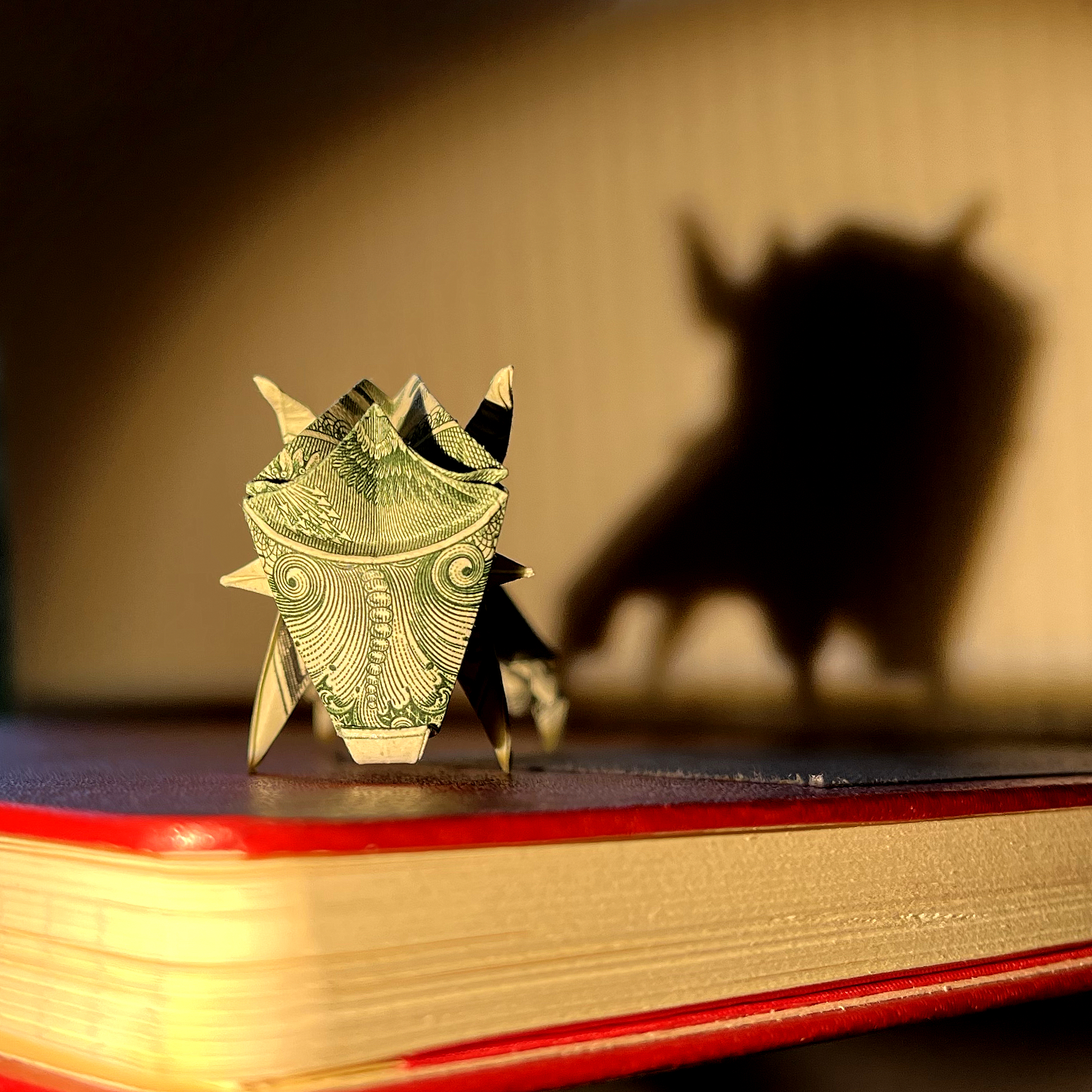 Feoh means money, in the form of cattle. Think of a cow’s value: milk, meat, hide, tallow, vellum, pulling heavy stuff. That’s good money. Your stock picks will be bullish and your cow will fetch a good price. You have money coming your way. Or, you have debts or desires and will be paying money out. Be generous. Money flows and it’s going to flow through you more than normal. Whatever the direction, you just cast lots in front of something or somebody who has
Feoh means money, in the form of cattle. Think of a cow’s value: milk, meat, hide, tallow, vellum, pulling heavy stuff. That’s good money. Your stock picks will be bullish and your cow will fetch a good price. You have money coming your way. Or, you have debts or desires and will be paying money out. Be generous. Money flows and it’s going to flow through you more than normal. Whatever the direction, you just cast lots in front of something or somebody who has 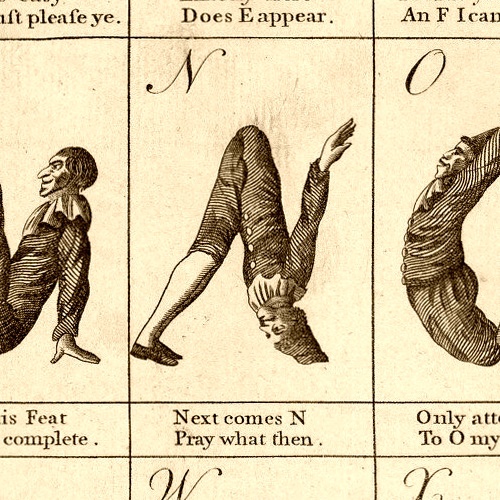
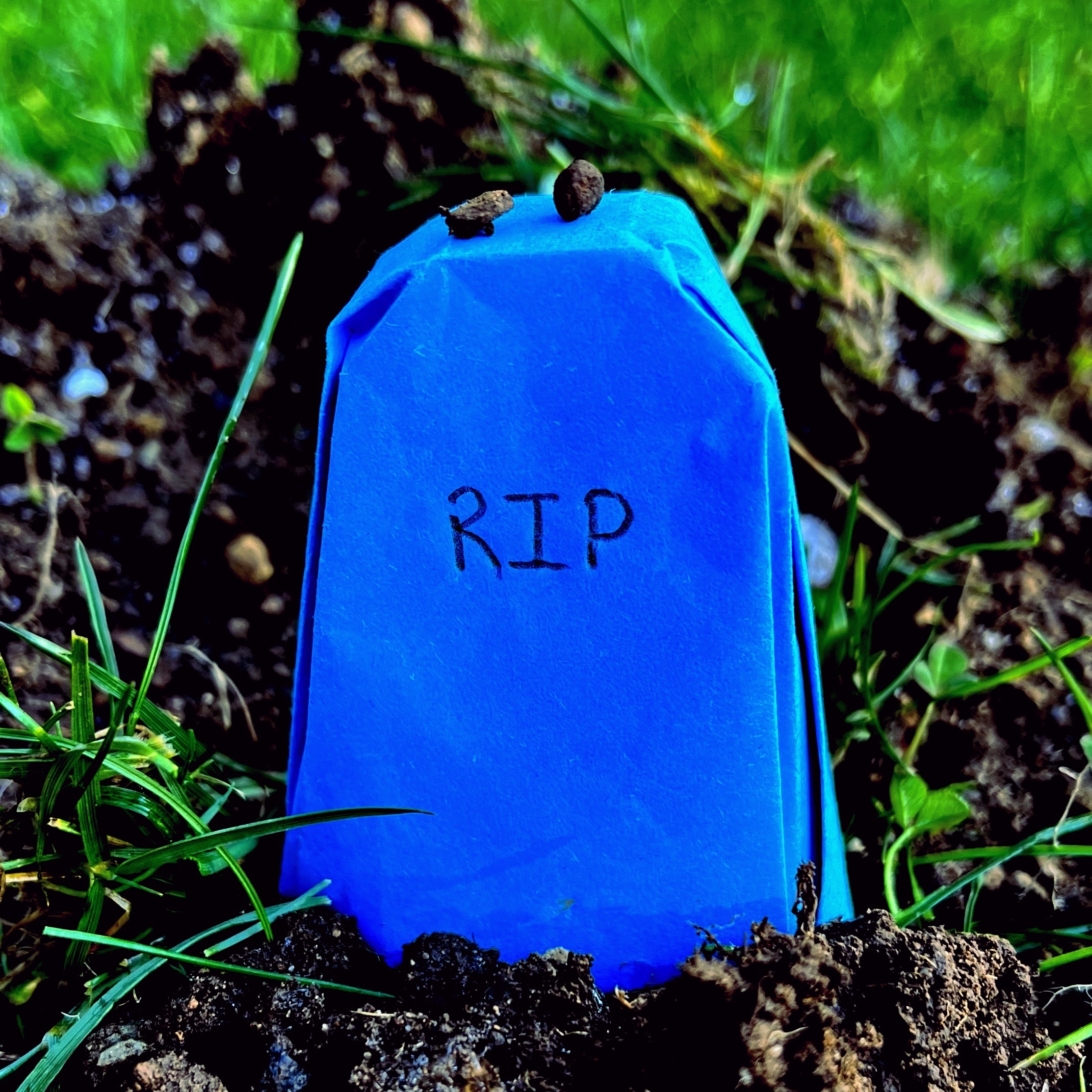 Tell me your future. Tell me, what do you hope will happen before you’re dead? And what is it you are afraid of? Never mind. Doesn’t matter what. The future is not in the what, it’s in the hope and the fear that you hold now, in the present. Whatever it is coming to you, or coming for you, is happening now. In here. In your mind. There is no other future. Well, there is the one thing that is going to happen, Ear says it for sure. It’s coming to you and it’s coming for you. You’ve got it coming. You’ll
Tell me your future. Tell me, what do you hope will happen before you’re dead? And what is it you are afraid of? Never mind. Doesn’t matter what. The future is not in the what, it’s in the hope and the fear that you hold now, in the present. Whatever it is coming to you, or coming for you, is happening now. In here. In your mind. There is no other future. Well, there is the one thing that is going to happen, Ear says it for sure. It’s coming to you and it’s coming for you. You’ve got it coming. You’ll 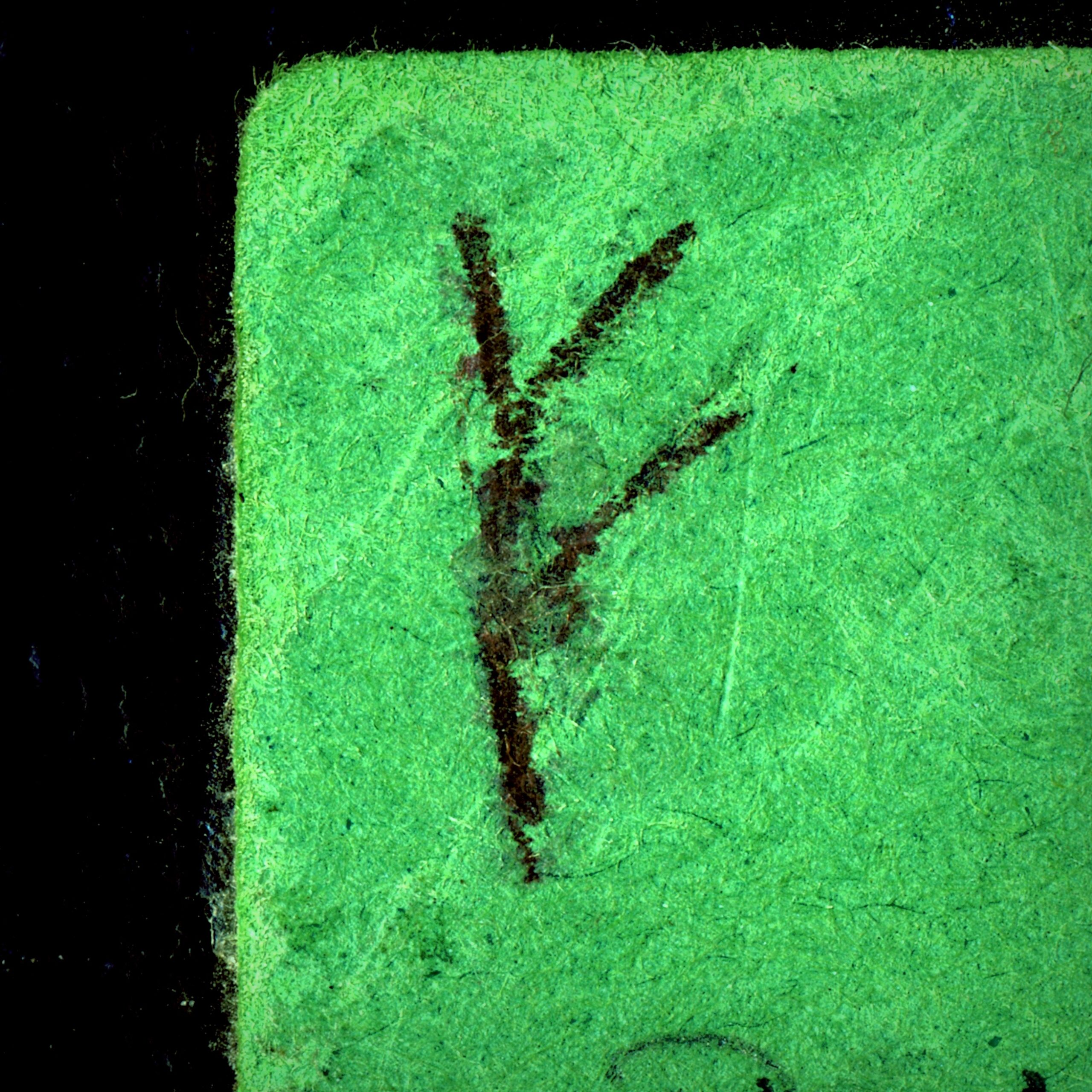 Lips to teeth, expel air, use force. Ef. Efv. Old English has no V: an F between two vowels is a V. Efen. Even. Efern. eVern. Electronic Vern.
Lips to teeth, expel air, use force. Ef. Efv. Old English has no V: an F between two vowels is a V. Efen. Even. Efern. eVern. Electronic Vern.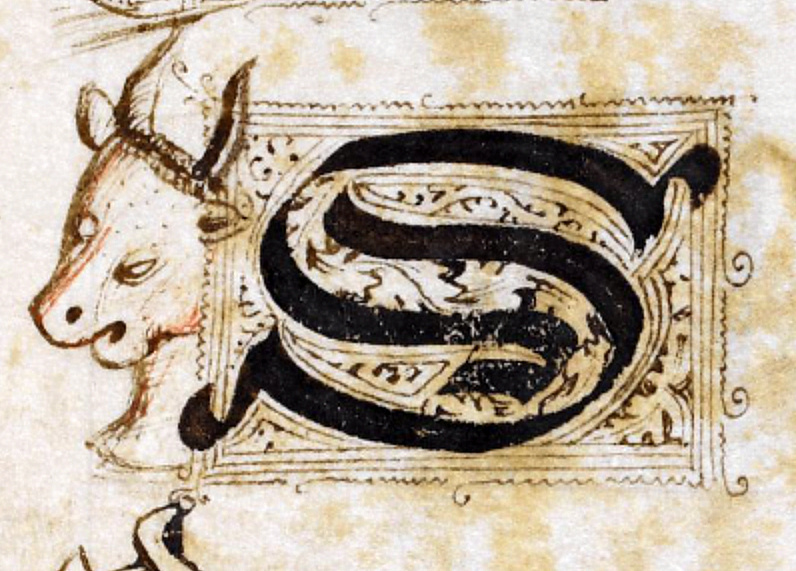
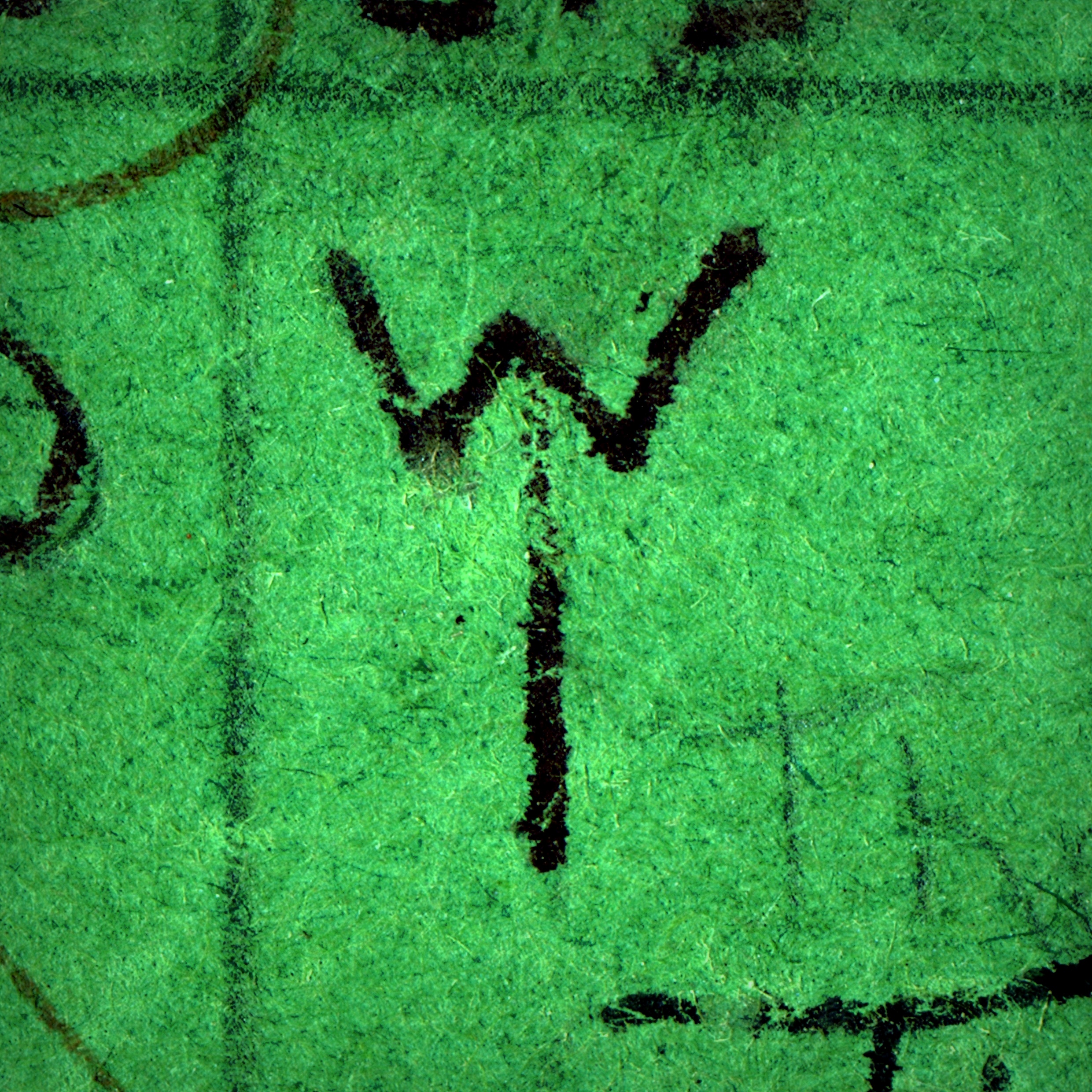 EA. Diphthong: a compound vowel. This one is deceased, we don’t use it any more. What did EA sound like? Maybe like EO, maybe like AU, emphasis on the E or the A because all Old English
EA. Diphthong: a compound vowel. This one is deceased, we don’t use it any more. What did EA sound like? Maybe like EO, maybe like AU, emphasis on the E or the A because all Old English 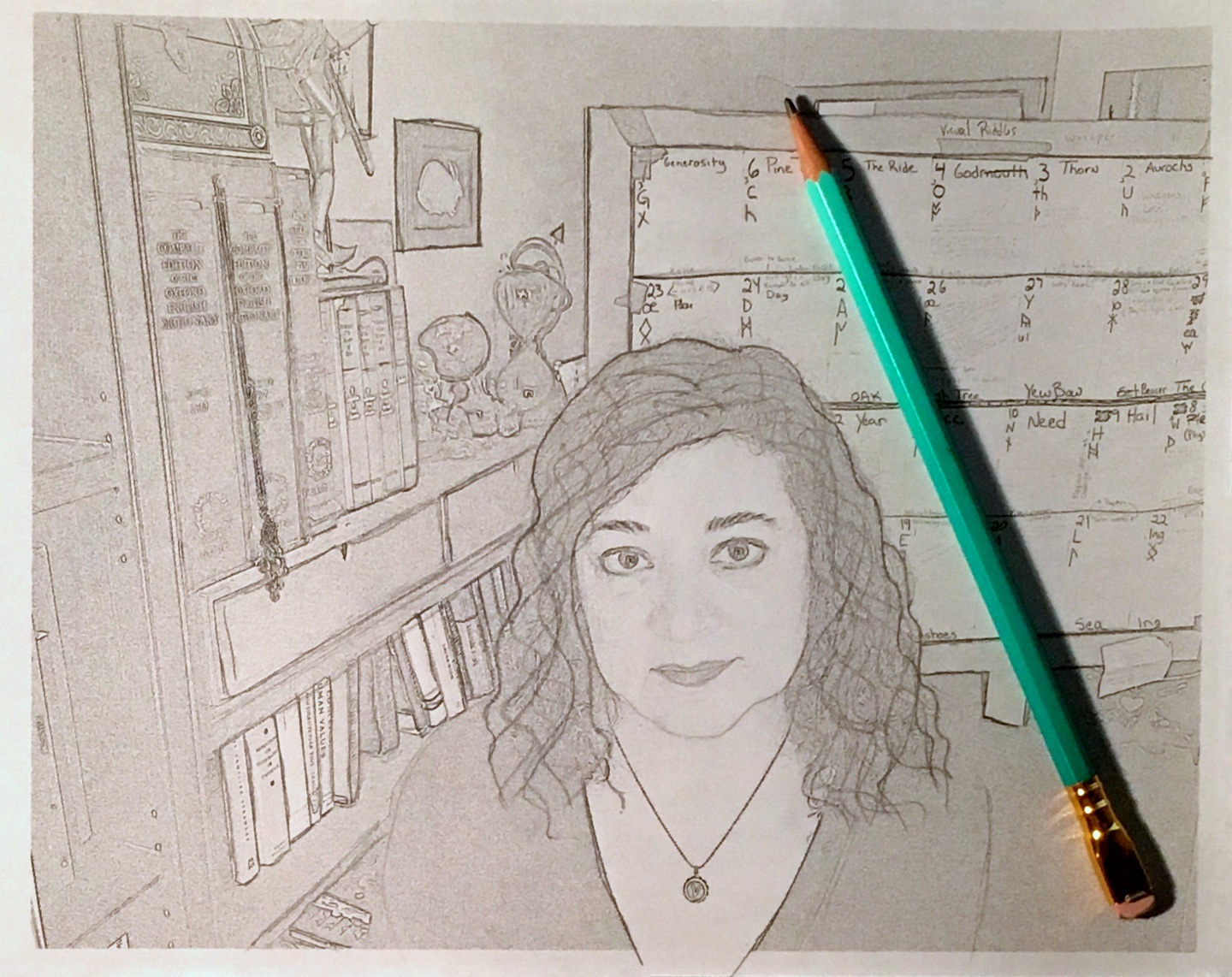 Spanish was my first language but I was a toddler when my family moved to the States, where my world became English only, that I grew up as an English speaker and thinker and struggled learning Spanish when I had the chance in college. I got a pity D- in my third year of Spanish because my Argentine professor couldn’t fathom how a girl from Peru could only grasp the basic language of a baby, and she just couldn’t bring herself to fail a South American as I deserved. In Spanish I can understand everything and say nothing much. I do know all the swear words. So.
Spanish was my first language but I was a toddler when my family moved to the States, where my world became English only, that I grew up as an English speaker and thinker and struggled learning Spanish when I had the chance in college. I got a pity D- in my third year of Spanish because my Argentine professor couldn’t fathom how a girl from Peru could only grasp the basic language of a baby, and she just couldn’t bring herself to fail a South American as I deserved. In Spanish I can understand everything and say nothing much. I do know all the swear words. So.